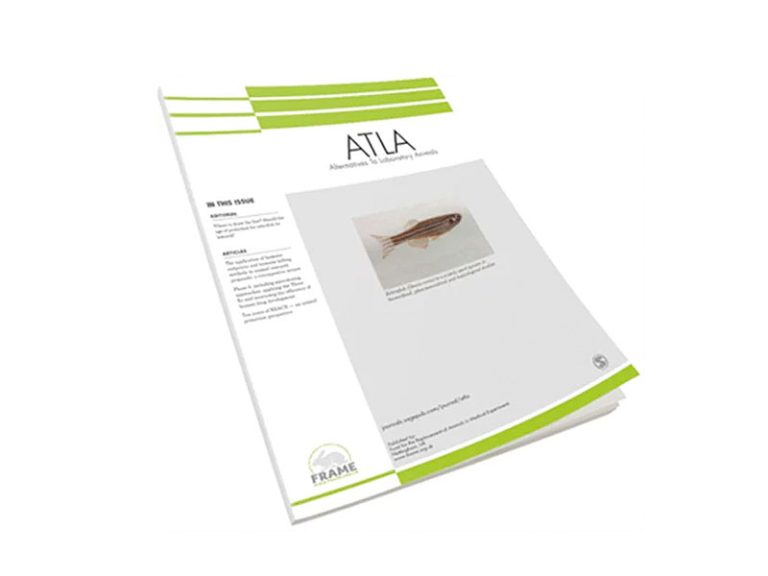Wednesday, 18th September 2024
- 10:00 Start of Registration
- 11:30 – 12:30: YOU Event – Meet-up for Young Scientists (Hall 3)
- 13:00 – 13:15: Opening
- 13:15 – 13:45: Keynote lecture (Hall 1)
- 14:00 – 15:30: Scientific sessions in Hall 1, Hall 2, Hall 3
- 15:30 – 16:00: Coffee break
- 16:00 – 17:30: Scientific sessions in Hall 1, Hall 2, Hall 3
- 18:00 – 19:00: Round table/panel discussion
- 19:00 – 21:00: Welcome Reception (Aula)
- 20:00 – 21:00: YOU Event – Meet the Mentor (Hall 3 – Seminar room first floor)
Thursday, 19th September 2024
- 9:00 – 9:30: Keynote lecture (Hall 1)
- 9:40 – 11:10: Scientific sessions in Hall 1, Hall 2, Hall 3
- 11:10 – 11:40: Coffee break
- 11:40 – 13:10: Scientific sessions in Hall 1, Hall 2, Hall 3
- 13:10 – 14:00: Lunchtime
- 14:00 – 15:30: Poster session 1 (first floor)
- 15:30 – 17:00: Scientific sessions in Hall 1, Hall 2, Hall 3
- 17:15 – 17:45: Coffee break
- 17:45 – 19:15: Round table/panel discussion (ground floor)
- 20:00 – 24.00: Gala dinner
Friday, 20th September 2024
- 9:00 – 9:30: Keynote lecture (Hall 1)
- 9:40 – 11:10: Scientific sessions in Hall 1, Hall 2, Hall 3
- 11:10 – 11:40: Coffee break
- 11:40 – 13:10: Scientific sessions in Hall 1, Hall 2, Hall 3
- 13:10 – 14:00: Lunchtime
- 14:00 – 15:30: Poster session 2 (first floor)
- 15:30 – 17:00: Scientific sessions in Hall 1, Hall 2, Hall 3
- 17:15 – 18:30: YSTA Awards/Announcement WC13/Farewell








